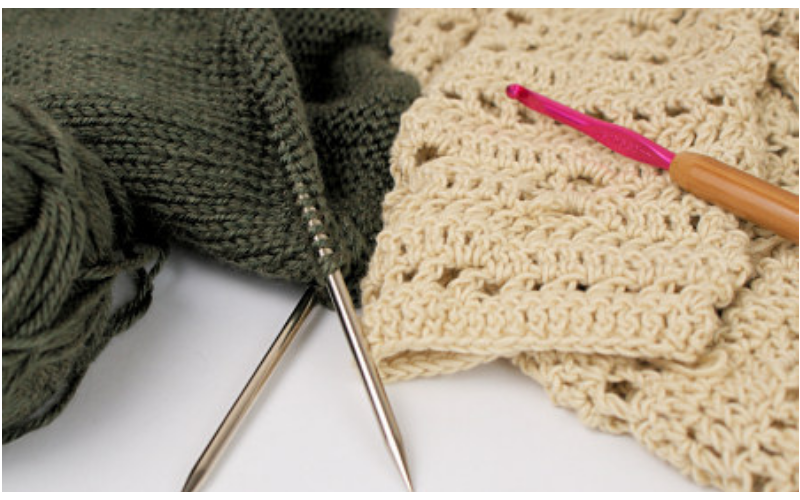The need to promote cottage industry in Nigeria.

THE COTTAGE INDUSTRY IN NIGERIA
April 25, 2019
Crochet vs Knitting (The battle of the stitches)
May 6, 2019
No doubt, the cottage industry has its own contribution to the Nigerian economy no matter how small it is. It is quite unfortunate that even though many gradumates are produced in Nigeria every year, there are not as many white collar jobs for these number of graduates produced. This is the rationale behind the copulsory Skill Acquisition & Entrepreneurship Department (SAED) scheme incorporated into the NYSC programme which has encouraged our youth to start up several small scale businesses. You would quite agree that to a great extent, unemployment among our youths has been reduced owing to this initiative.

With the rapidly increasing population in Nigeria put currently at a statistic of approximately 201,000,000 populates, Nigeria stands a chance of having higher poverty rate than it is currently, if other means of improving our economy besides oil revenue are not explored. One of these means is investment in local businesses hence, the need for the cottage industry growth.
One major way of improving our economy is by consuming our own locally made items some of which are handmade. Most handmade items/ crafts are not produced on a large scale. They also require more energy and labour hours for production compared to the ‘mass production’ achieved through machines. This is the accounts for the difference in price of handmade items i.e. being higher in price than the machine made ones. If we can invest more in our local products, cost of importation and investment in foreign manufactured goods will reduce drastically which will in turn improve our own economy.

Another salient reason the cottage industry in Nigeria should be promoted is to enable entrepreneurs in the industry produce on a larger scale. Promotion of cottage businesses will result in higher demand of these products, more sales, increase in entrepreneurs’ revenue and profit in the long run. This is explained by the “economies of scale” i.e., the cost of production reduces, as scale of production increases. If an entrepreneur is able to reduce its production cost with increasing quantity, his profit will also increase all other things being equal. Many cottage practitioners have the ability to produce beyond their present production capacity but are limited by low demand, little or no recognition in markets /stores.
Our unique crafts and indigenous products are symbolic to our heritage anywhere they are found in the world. Some of the items with great value in the world today are cultural and artistic pieces. Nigeria can actually earn better recognition and relevance in the global arts and crafts. This will also serve as a means of generating revenue through exportation. It is very achievable if the Nigerian cottage industry is promoted such that entrepreneurs in the industry are highly encouraged and motivated to produce on a large scale.

In conclusion, the economic effect and cultural value as mentioned above of investing in our local products has reflected that we cannot over emphasize the need to promote the cottage industry in Nigeria.




